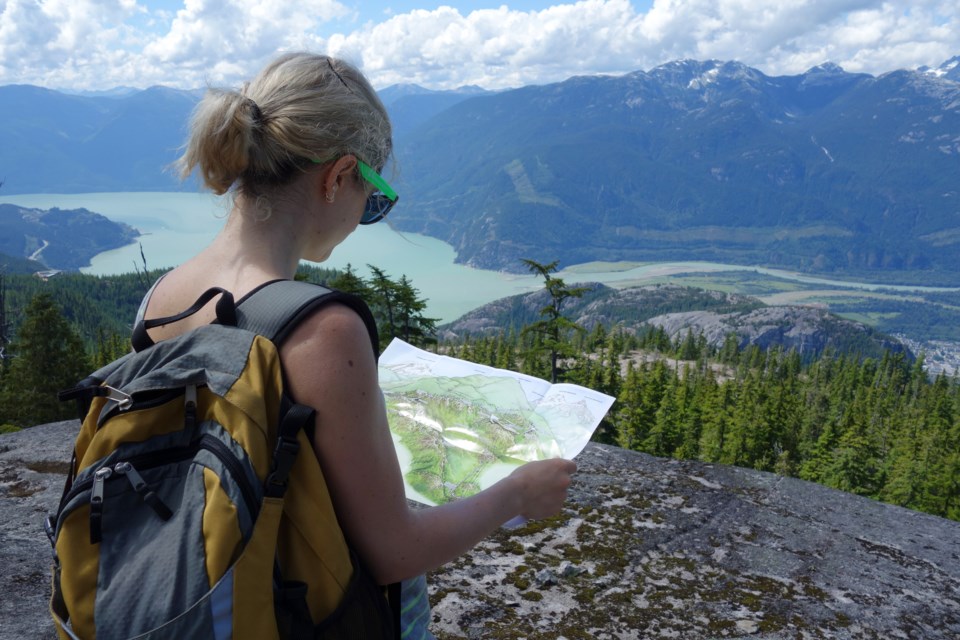Visit Whistler Health Care Centre on a Saturday during spring break, and the fact that skiing isn’t a zero-risk endeavour is obvious as parents, kids, and banged-up adults wait their turn to see the busy doctors move from broken arm to leg to head injury.
This is obviously not the image of Whistler Blackcomb marketed to the world.
Most locals in Squamish understand the risk of local recreation well.
In fact, if a study were done, it is likely that many who live here are inherent risk-takers.
Some late says that “a particular DNA sequence is a predictor of ‘novelty-seeking’ personalities and that this behaviour is affected by the way the brain cells process ... [dopamine]. “
Any mountain biker worth her salt has a story or two about a spill, break, or near miss, after all. And it is known and accepted that the mountains give—and they take.
This is consistent with other research by University of Chicago psychologist Mihaly Csikszentmihalyi, which says people have the best time in an adventurous activity when their skill matches the level of challenge. In other words, many here like the thrill of risky activities, understand the risks and also have the skill to get maximum enjoyment from them.
Several local adventurers we interview for stories have said some version of “If I die doing this activity, I died doing what I love.”
This is often repeated by bereaved families, too, as we have seen, and hopefully, brings them some level of comfort.
But those who come here, perhaps drawn by social media images, may not understand the risks.
This week, a young man told us of how he was swept away in the Squamish River in 2020 and survived but was shocked to find himself in danger during a day at the beach.
While some readers may feel superior in comparison with his lack of situational awareness, his rare, vulnerable candour is likely an insight into a more common scenario than locals would guess.
He noted there were no signs warning of a fast-moving current; he had paid to get into a campsite, so he assumed he was totally safe. These thoughts underscore that those who are not familiar with this region’s hazards need to be educated
Just as many of us corridor nature lovers would likely need to be schooled on the dangers found in some of the biggest cities of the world.
As AdventureSmart stresses, there’s personal responsibility involved, but it should also be more of a societal responsibility to share the known risks, especially given that corridor economies are benefiting from their visits.
Unfortunately, as this summer plays out, and SAR calls increase, we will be able to gauge the gap between some visitors’ perceived level of risk and real risk levels in the Sea to Sky.




